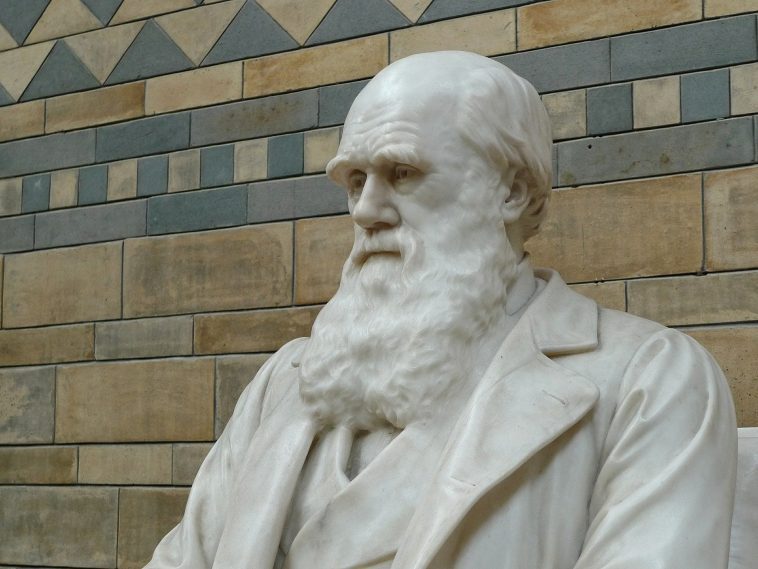[Originally published as What Are the Right Questions to Ask Darwinists?]
Rationalism is an attempt to justify that something is true when evidence and conclusions are hard to pin down. It often leads to the practice of starting from the position that a certain explanation is true and then looking for evidence to show that it is true.
When On the Origin of Species was published, it soon became obvious that the kind of evidence that supported Darwinian evolution was not going to have the same level of certainty as that provided by the empirical methods of operational sciences. Evidence for Darwin’s version of how life originated was vague and general. It was difficult to find solid evidence by standard empirical methods, so rationalism and justification became necessary methods used by evolutionists.
Rationalism was a sharp turn from methods used by operational scientists. The methods they used were an unbiased search for what is true based on the evidence. Darwinism was a search for any evidence that would support what evolutionists already claimed to be true.
In spite of its limitations, by the 1920s, rationalism had provided Darwinism a seat at the table of science. Forty years later, Darwinian evolution had been given a seat of honor in many public schools and universities because it was said to be the overarching truth that tied everything in the natural world together.
The starting position for evolution was an assumption that all living things gradually evolved over millions of years from a common ancestor without any supernatural intervention. Then they selectively looked for evidence in fossils, sedimentary rocks, similarities in physical features, and minor changes in living things over time to support their claims.
Then, during the mid-1900s, science came to be limited to the study of only natural explanations. This was a strange twist in logic because this removed the only other viable explanation there is for the origin of life, the earth, and the universe.
Many creation scientists today face the same limitations as historical scientists. They cannot recreate the conditions that existed in the beginning and perform controlled experiments to show that all living things were supernaturally created. However, secular scientists give evolutionists a pass to start with assumed beliefs at the same time they severely criticize creation scientists when they start with a belief in a Bible account.
Although creationists tend to accept a supernatural creation by faith, most see this possibility as much more logical than the Darwinian explanation for how all living things originated. It is still a mystery why so many scientists quickly accepted the idea that a living organism arose by random natural processes out of nonliving materials and went on to become all the multitudes of living things on earth. It was certainly not because the evidence was overwhelming.
Evolutionists have managed to squeeze creationists out of the mainstream of science by using a combination of rationalism and naturalism.
- Rationalism gave evolutionists a way to participate in science, even though the methods they used were based on numerous assumptions.
- Naturalism allowed evolutionary scientists to make the claim that only natural explanations are scientific, and therefore true.
There are no signs that the creation/evolution debate is subsiding today. Phillip Johnson, author of Darwin on Trial,¹ advises Christians to do two things in order to effectively be part of this conversation:
They must understand the underlying philosophies that are a part of Darwinian evolution. And, they must ask the right questions about origins, such as:
- Is Darwinism based upon a fair assessment of the scientific evidence?
- Is there some natural process by which human beings and all other living beings could have evolved from microbial ancestors?
- Is there some natural process to explain life arising from non-living matter?
- Are scientists convinced that a creator played no part in the creation of the world and its forms of life?
- Can something be non-science and still be true?
Reference:
Phillip Johnson, Darwin on Trial, Downers Grove, Illinois: InterVarsity Press, 2nd edition, 1993.






